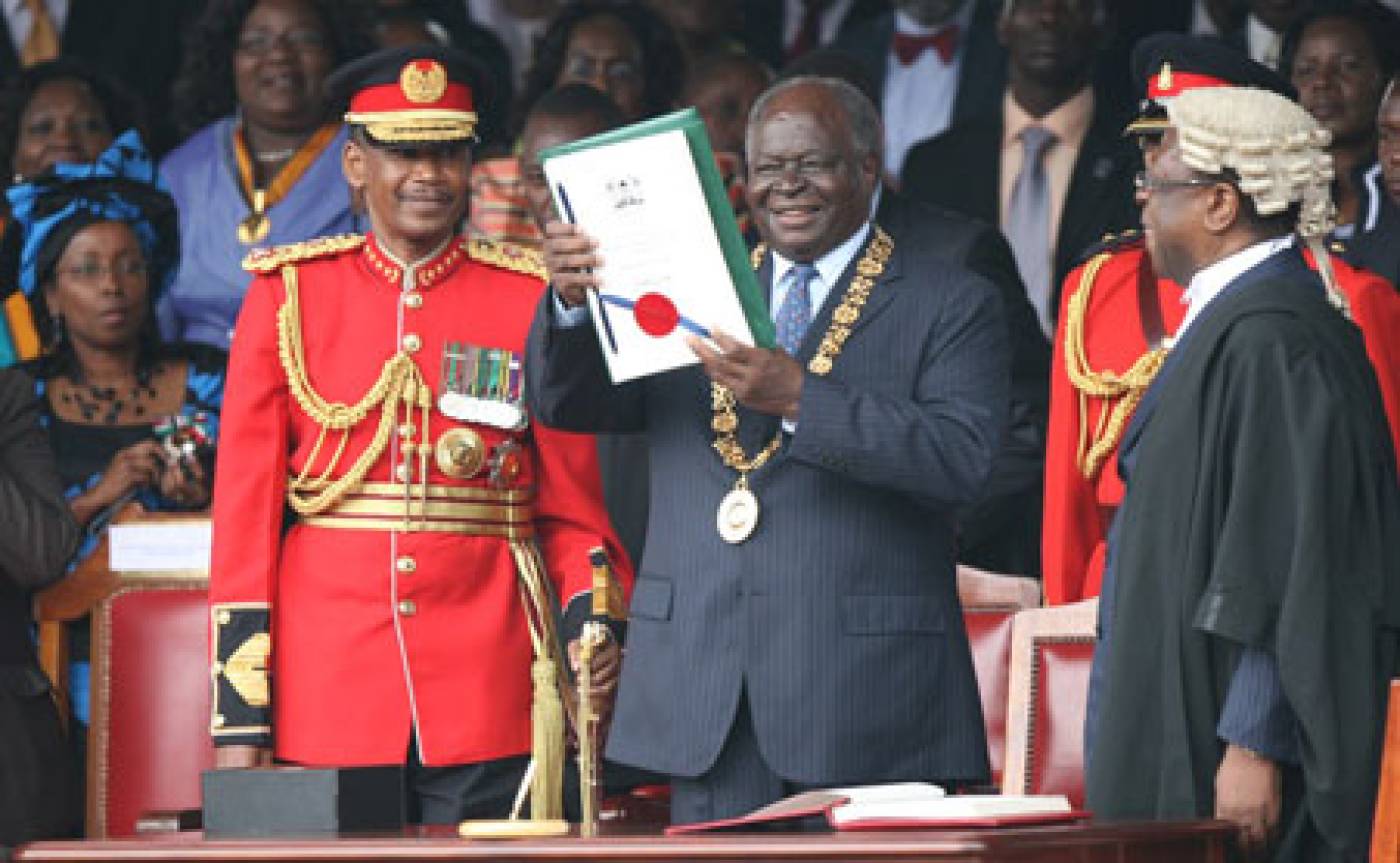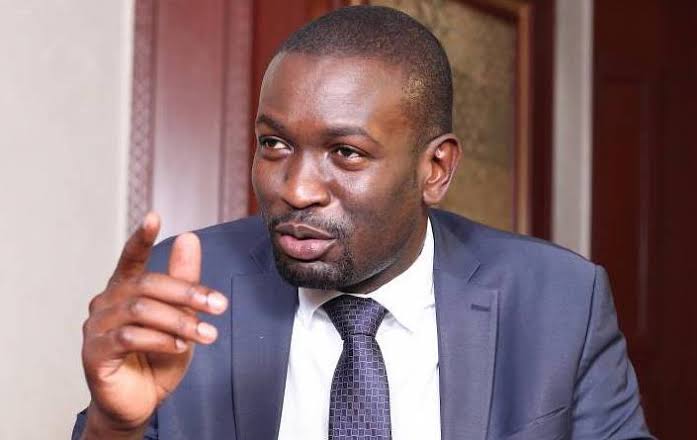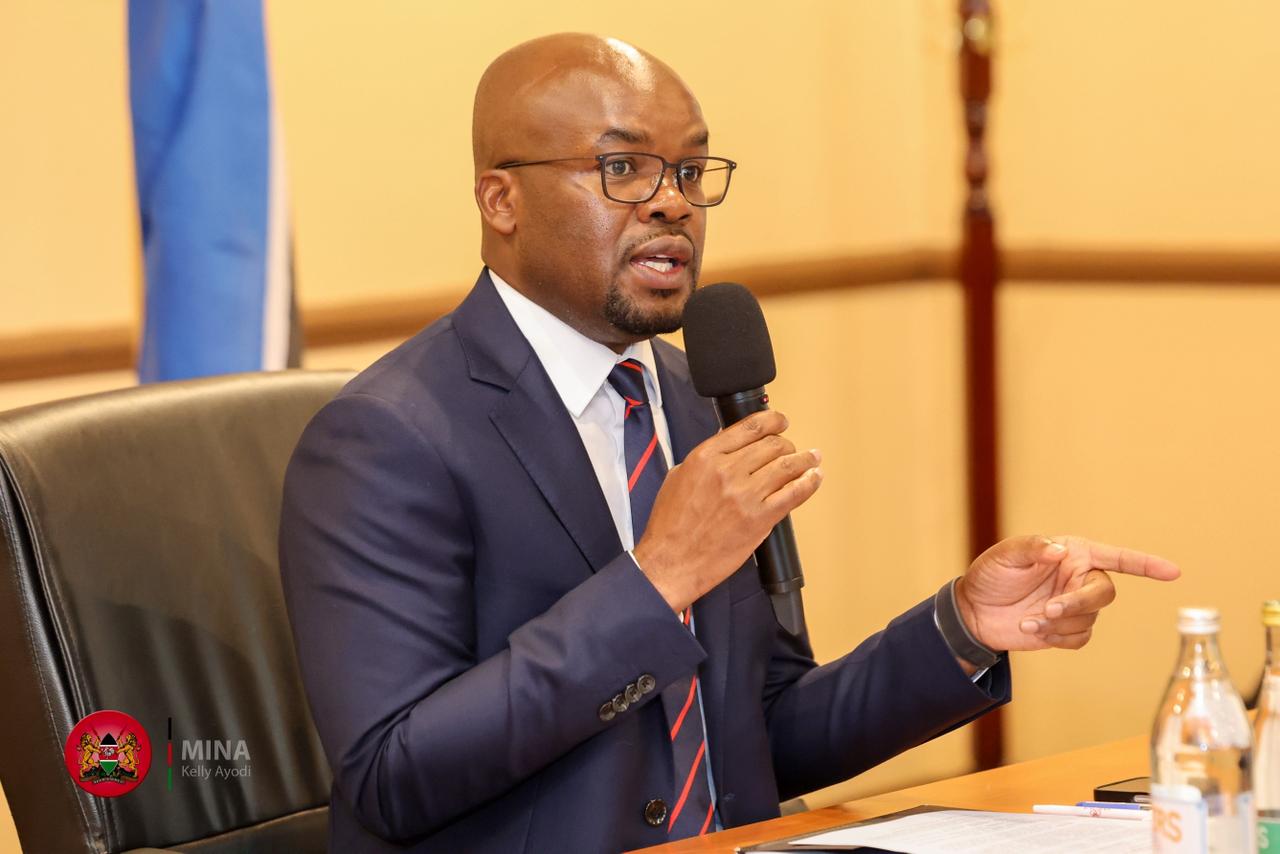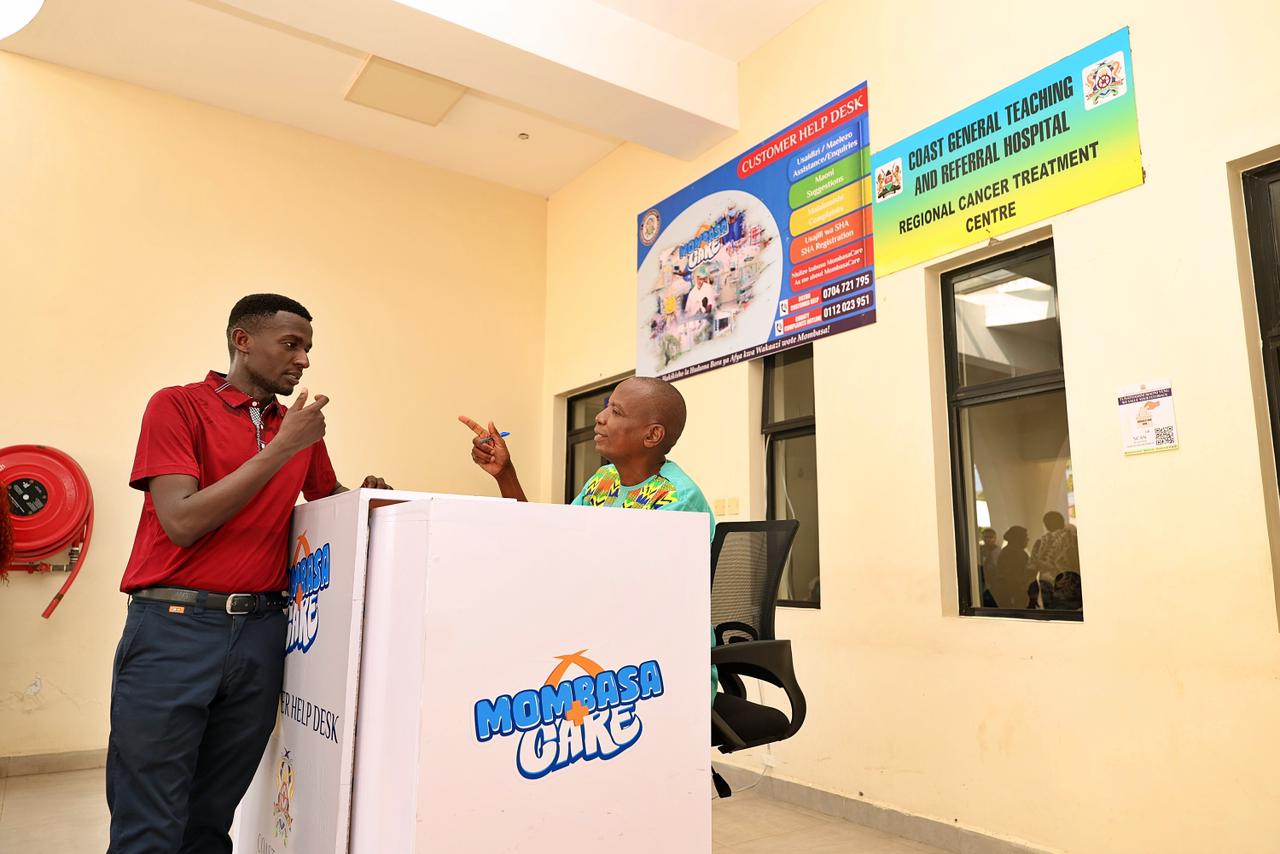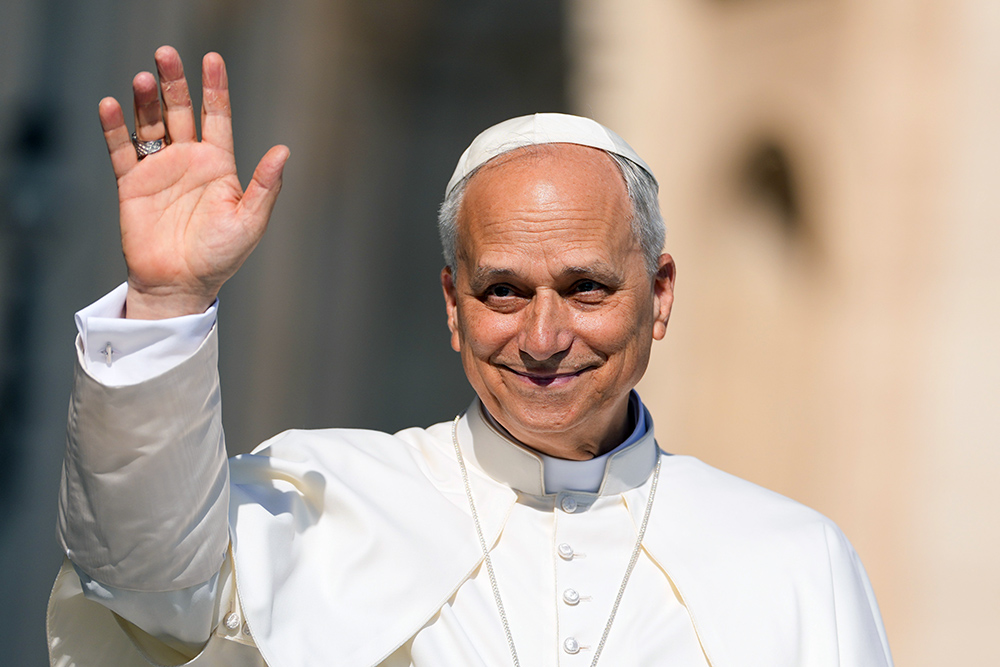On 27th August 2025, we celebrated 15 years since the promulgation of the Constitution of Kenya 2010, a day commonly referred to as Katiba Day. HE President Dr. William Ruto formally gazetted the day as an official public holiday for all Kenyans to look back on and appreciate the gains that we have made as a nation, from the post independence era to the new constitutional dispensation.
The Constitution was overwhelmingly supported by Kenyans in the referendum held on 4th August 2010, with 68.6% voting in favor and was promulgated by the then President Mwai Kibaki on 27th August 2010.
This marked the culmination of a tedious process that had been initiated immediately the Narc Kenya government was voted into office in 2002, having promised to deliver a new constitution within the first 100 days in office.
Remarkably, immediately after assuming office, the Kibaki-led government kick-started the new constitution-making process, having ridden on the reforms agenda to gain immense support from all side of the political divide.
After meticulous public consultations and engagements, the Constitution of Kenya Review Commission formulated the Bomas Draft and presented it at the National Constitution Conference where it was endorsed in it’s entirety.
The draft had, inter alia, proposed inter alia that the executive be headed by a prime minister and further weakened the powers of the presidency.
The Bomas draft was supported by the former prime minister Hon Raila Odinga and his team whereas, President Kibaki and his allies opposed it’s proposals.
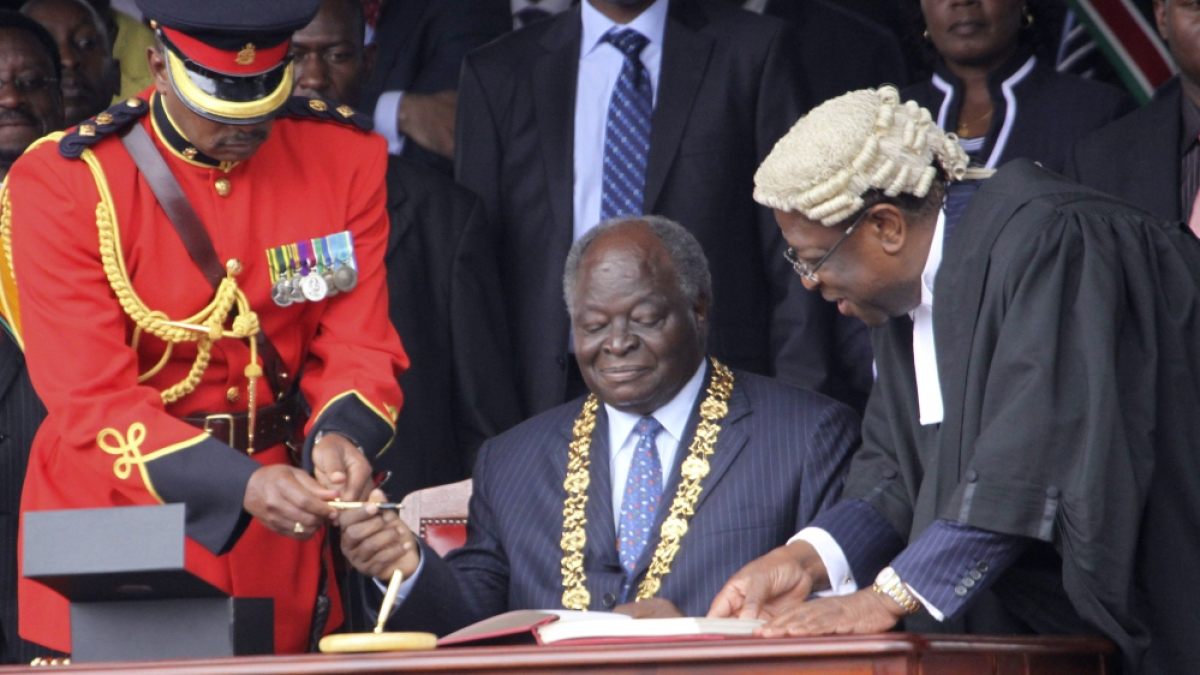
To counter them, President Kibaki’s team introduced the Kilifi Draft also referred to as the Wako Draft, which was an edited version of the original Bomas Draft but with substantial changes.
The Kilifi / Wako Draft was submitted to a referendum on 21st November 2005. President Kibaki’s team supported and adopted the Banana symbol, while Hon Raila Odinga’s team opposed the changes introduced to the original Bomas Draft and campaigned against it under the Orange symbol.
The proposed new constitution was rejected by 58% of the voters, with only 41% voting in support. This was a resounding defeat for the late President Kibaki and his team.
The subsequent general elections held on 27th December 2007 by the Kivuitu-led Electoral Commission of Kenya were marred by grave human rights infringements and violations, in which over 1200 Kenyans lost their lives and more than 300,000 others were displaced.
As a result, the international community was compelled to intervene to restore peace and normalcy in the country and to prevent further deprivation of fundamental rights and freedoms.
The mediation process, led by the former United Nations Secretary General Kofi Annan, culminated in the signing of a peace accord in which the parties agreed to share power and to fast-track long-overdue land, electoral and constitutional reforms.
Notably, in 2009 the Committee of Experts (CoE) was established and immediately kick-started the process of reviewing the Constitution of Kenya Review Commission draft along with all other previous drafts, while also conducting public participation and stakeholder engagements.
Further, the CoE considered input from members of the parliamentary service commission who recommended a raft of amendments including the introduction of the right to recall members of parliament, the enforcement of the two thirds gender rule in elective bodies and the scrapping of the proposed presidential age limit of 35 years.
It is from this vigorous process that the CoE finally harmonized everything to produce the Harmonized Draft which was subsequently submitted to a referendum, supported overwhelmingly and promulgated as the Constitution of Kenya 2010.
That ushered in a new constitutional dispensation, marked a new dawn for Kenya and signaled a paradigm shift from the usual modus operandi.
Key provisions introduced by the Constitution, inter alia, include Bill of Rights, separation of powers and independence of institutions, public participation and involvement of the people in decision making and, devolution, which has been a game changer by bringing power, resources and development closer to the citizenry.
It is lauded as one of the most progressive constitutions in Africa and globally. A report by the Comparative Constitutions Project indicates that only South Africa’s constitution compares to Kenya’s in terms of safeguarding and protecting human rights and fundamental freedoms, as well as promoting the separation of powers and the independence of institutions, particularly judicial independence.
In reference to a renowned Chinese proverb which states that even the best needles are not sharp at both ends, despite the Constitution of Kenya 2010 being among the most progressive constitutions globally, it has had it’s flaws, omissions, and hurdles in implementation.
Schedule 4 of the Constitution which provides for the distribution of functions between the national and county governments is yet to be fully implemented.
A core principle of devolved systems of governments is that funds should follow functions. This has not been fully adhered to, as counties continue to struggle to finance key functions such as county health services and disaster management.
In addition, rampant delays by the national treasury to disburse county funds has been crippling operations and service delivery.
Additionally, public participation and the engagement of the people in decision-making processes have not been satisfactory as envisioned by the framers of the Constitution.
As a result, courts have time and again rendered various pieces of legislation and executive actions unconstitutional for lack of sufficient public participation.
Socrates also referred to as the father of western philosophy, once said that a life unexamined is not worth living and suggested that we should always be introspective in our dealings.
In the same spirit, I believe that it’s high time we conduct a rigorous audit of the 2010 Constitution, identify it’s shortcomings and propose radical reforms for posterity.
Notably, a constitution is described as a living document because it is flexible and can be modified to suit prevailing needs and circumstances.
Further, in the Holy Gospel of Mark 2:27, Jesus Christ our Lord and Saviour says, “ The Sabbath was made for man, not man for the Sabbath.” Similarly, the law is made for man and not man for the law and therefore, once the law stops serving human interests, it should be amended to fit the present situation.
It is uncontroverted that contentious issues such as doubling the allocation to counties from 15% to 30% of the national revenue, strengthening watchdog and oversight institutions to combat corruption, merging institutions and constitutional commissions performing almost similar functions, scrapping the two thirds gender rule requirement and nominations in elective bodies, making Senate the Upper House with distinct roles, establishing an allocation of not less than a specified percentage of the national revenue for the Judiciary Fund to promote judicial independence and financial autonomy, and anchoring the position of the official opposition Leader in the Constitution, among many others, require imperative consideration.
The clarion call by the former Prime Minister Hon Raila Odinga for an intergenerational conclave should be embraced on the condition that it should be public led, inclusive and consultative.
Incorporating all generations in the engagements is critical because different generations face different challenges, hold diverse opinions and offer unique proposals, all of which should be factored into the final recommendations.
Reminiscing about our journey of agitating for constitutional reforms from the post colonial period to the current constitutional dispensation, we appreciate the tremendous progress made.
It is therefore incumbent upon every Kenyan to respect, uphold and defend the gains that we’ve made to avoid being watered-down.
ALSO READ: EACC hosts African delegations on anti-corruption benchmarking tour


